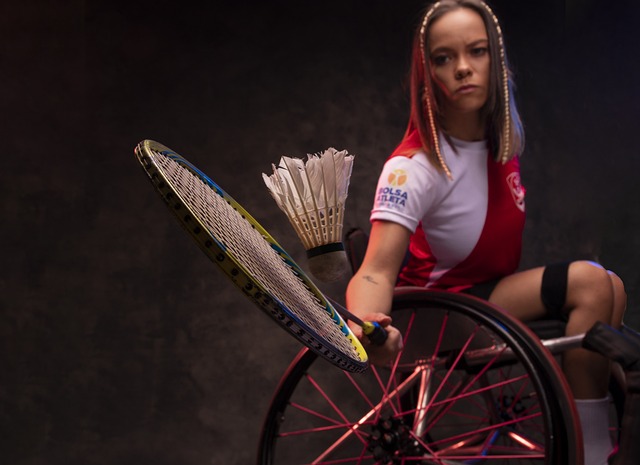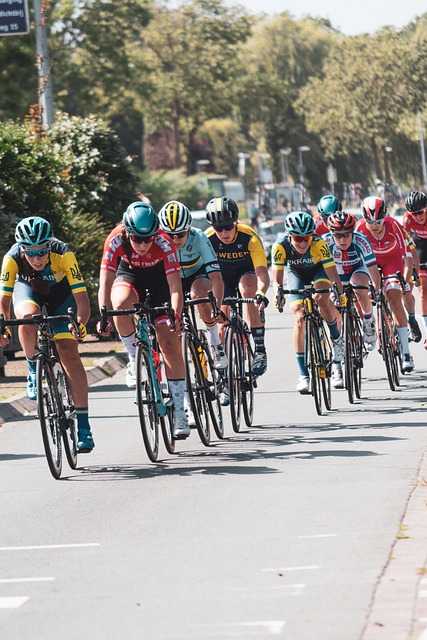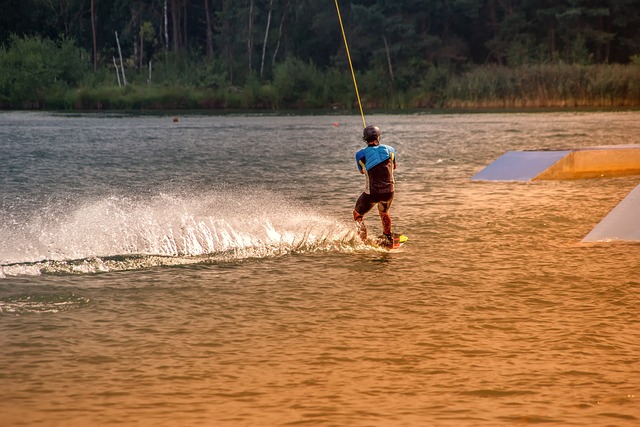Holistic regenerative approaches for athletes, integrating advanced recovery techniques like mindfulness, tailored nutrition, cold therapy, compression, and vibration, optimize performance and prevent injuries by addressing physical, mental, and emotional well-being. These methods include compression therapy, cryo-therapy, foam rolling, balanced diets, and mental practices, significantly enhancing recovery, reducing inflammation, accelerating muscle repair, and cultivating mental resilience, ultimately fostering a regenerative environment that supports athletes in achieving their full potential. Recent case studies show substantial enhancements in performance metrics for elite athletes implementing these holistic strategies.
In today’s competitive sports landscape, holistic regenerative approaches are transforming athlete performance and recovery. This article explores comprehensive strategies for athletes seeking optimal health and peak performance. We delve into “Understanding Holistic Regeneration,” examining advanced recovery techniques proven effective in professional sports. From nutrition’s role in enhancing athletic performance to the power of mindfulness for mental resilience, we provide insights backed by case studies. Uncover how these holistic methods revolutionize athlete preparation and recovery, offering a competitive edge through balanced well-being.
- Understanding Holistic Regeneration for Athletes
- The Role of Advanced Recovery Techniques
- Nutrition and Its Impact on Athletic Performance
- Mindfulness and Mental Resilience
- Case Studies: Successful Implementation in Elite Sports
Understanding Holistic Regeneration for Athletes

Holistic regenerative approaches for athletes go beyond traditional methods of recovery, focusing on the interconnectedness of an athlete’s physical, mental, and emotional well-being. It involves a suite of advanced recovery techniques designed to optimize performance and prevent injuries by nurturing the entire body ecosystem. Unlike isolated approaches like rest or massage, holistic regeneration recognizes that an athlete’s overall health is a delicate balance of various factors.
These techniques may include mindfulness practices for stress reduction, nutritional strategies tailored to individual needs, and innovative therapies such as cold therapy, compression, and vibration. By integrating these methods into their routines, athletes can accelerate recovery, enhance performance, and cultivate mental resilience. The ultimate goal is not just to treat symptoms but to foster a regenerative environment that supports athletes in achieving their full potential.
The Role of Advanced Recovery Techniques

Advanced recovery techniques play a pivotal role in holistic regenerative approaches for athletes, going beyond traditional rest and hydration. These cutting-edge methods are designed to optimize the body’s natural healing processes, enabling athletes to perform at their peak while minimizing the risk of injury and overtraining. Techniques such as compression therapy, cryo-therapy (cold therapy), and foam rolling enhance blood circulation, reduce inflammation, and speed up muscle repair.
By employing these advanced recovery techniques, athletes can experience faster post-workout recovery, improved performance in subsequent training sessions, and better overall well-being. This not only extends their athletic careers but also ensures they remain competitive and injury-free. Incorporating such innovations into their daily routines is a game-changer for anyone committed to achieving optimal performance in their chosen sport.
Nutrition and Its Impact on Athletic Performance

Nutrition plays a pivotal role in supporting athletic performance and recovery, acting as fuel for energy production and essential building blocks for muscle repair and growth. A holistic approach to nutrition involves not just fueling for performance but also understanding individual dietary needs, gut health, and the impact of food on inflammation and oxidative stress – all key factors that influence an athlete’s overall well-being and ability to recover from intense training sessions.
Advanced recovery techniques often incorporate tailored nutritional strategies. Timing and type of macronutrients (carbohydrates, proteins, and fats) consumed post-exercise can significantly impact muscle glycogen replenishment, protein synthesis, and the reduction of exercise-induced inflammation. A balanced diet rich in whole foods, antioxidants, and anti-inflammatory compounds not only supports recovery but also contributes to long-term athletic resilience and performance optimization.
Mindfulness and Mental Resilience

Mindfulness and mental resilience are integral components of holistic regenerative approaches for athletes, complementing traditional physical recovery methods with powerful mental tools. Advanced recovery techniques often include mindfulness practices designed to cultivate present-moment awareness and reduce stress responses. Through meditation, deep breathing exercises, and guided imagery, athletes can learn to manage their thoughts and emotions, enhancing their ability to cope with the intense demands of training and competition.
This mental resilience is crucial for performance and injury prevention. By fostering a sense of calm and focus, mindfulness techniques help athletes make better decisions under pressure, improve concentration during workouts, and enhance overall well-being. In today’s competitive sports landscape, where the drive to excel can be relentless, these advanced recovery techniques offer a transformative approach, enabling athletes to not just recover but thrive in all aspects of their physical and mental health.
Case Studies: Successful Implementation in Elite Sports

Holistic regenerative approaches, incorporating advanced recovery techniques, have seen remarkable success in elite sports over recent years. These methods go beyond traditional training and performance enhancement strategies, focusing on the entire athlete—mind, body, and sometimes even spirit. Case studies of top-tier athletes reveal significant improvements in both short-term and long-term performance metrics following the implementation of these holistic practices.
For instance, several high-profile athletes have credited regenerative therapies, such as cold therapy, compression, and targeted nutrition, with speeding up their recovery times between intense training sessions and competitions. These techniques not only help reduce inflammation but also promote tissue repair and enhance overall athletic resilience. Additionally, mental health support, including mindfulness practices and cognitive-behavioral therapy, has been shown to improve focus, confidence, and stress management, ultimately contributing to better performance outcomes.
Holistic regenerative approaches, encompassing advanced recovery techniques, tailored nutrition, and mindfulness practices, offer athletes a powerful toolkit for optimal performance and longevity. By integrating these strategies, sports professionals can enhance recovery, support athletic excellence, and foster mental resilience, ultimately enabling athletes to achieve their full potential in today’s competitive landscape. The science behind these methods continues to evolve, providing a promising path towards revolutionizing athlete care and performance.
